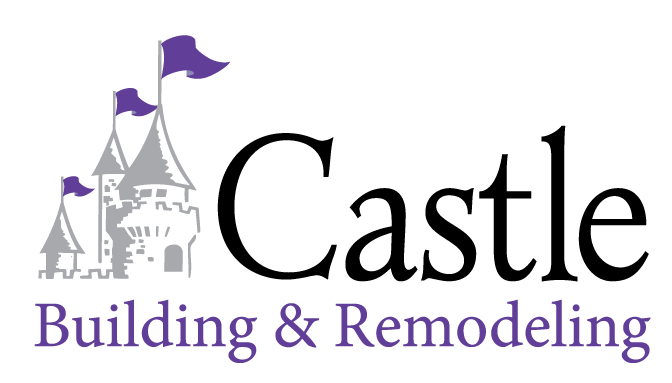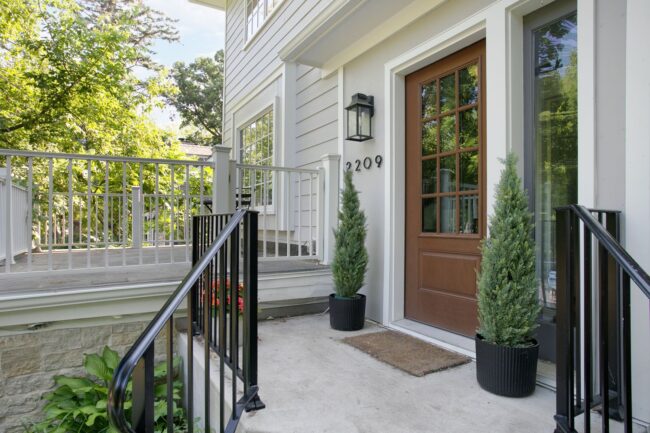
You must be aware of all the elements of your home that could eventually need updating. Proper maintenance and renovations can improve your living space’s performance, energy efficiency and overall appeal. Explore 14 typical home components you might’ve forgotten about but could use an update.
1. Appliances
The convenience of daily life depends on kitchen appliances — refrigerators, ovens, dishwashers and washing machines — but they eventually start to deteriorate. It might be a good idea to upgrade to more recent, energy-efficient models offering better features and lower utility expenses if your appliances are from the 1990s or earlier.
2. Windows
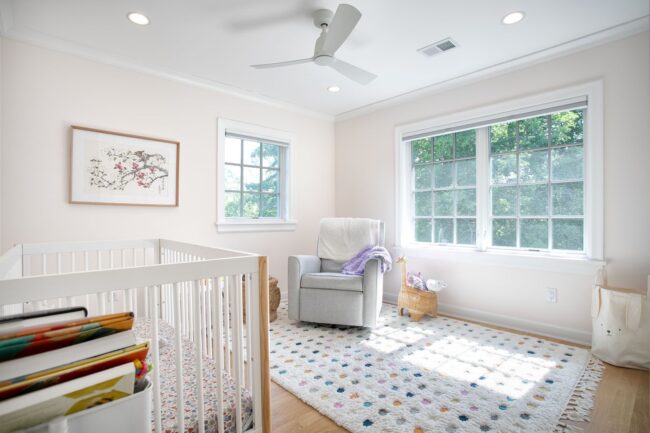
Windows plays a significant part in your home’s energy efficiency and attractiveness. Seals may become less effective with time, resulting in drafts and less insulation. Modern, energy-efficient windows can improve your home’s insulation and general appeal while lowering your heating and cooling expenses.
3. Garage Doors
A garage door not only adds security but also enhances your home’s curb appeal. While garage doors can last up to 50 years, daily use can cause problems, including issues with springs, tracks and automatic mechanisms. Upgrading to a newer model improves functionality and safety, and provides an opportunity to enhance the aesthetics of your home’s exterior.
4. HVAC Systems
HVAC systems are essential for sustaining a cozy living space all year long, but their usefulness can diminish when they’re too old. If you feel like you have to crank your thermostat to make it warmer and cooler in your house, it may be time to think about an update.
Periodic improvements ensure the best energy efficiency and help avoid unplanned breakdowns. Modern features like smart thermostats, enhanced air quality and zoning capabilities may also be available when upgrading to newer versions.
5. Roofing
Your home’s roof shields it from the weather and significantly impacts the structural soundness of the entire building. Regular inspections and upkeep can aid in spotting problems early on, reducing the need for repairs or replacements. Modern roofing materials can also increase a roof’s aesthetic appeal, energy efficiency and longevity.
6. Water Heater
A working water heater is necessary for routine tasks like bathing, cleaning dishes and doing laundry. Mineral buildup and ordinary wear over time may impact its effectiveness and function. Consider replacing your water heater with a newer, more energy-efficient one if it is nearing the end of its useful life or has many problems. Because they save energy and provide an endless hot water supply, tankless water heaters are becoming increasingly popular.
7. Flooring
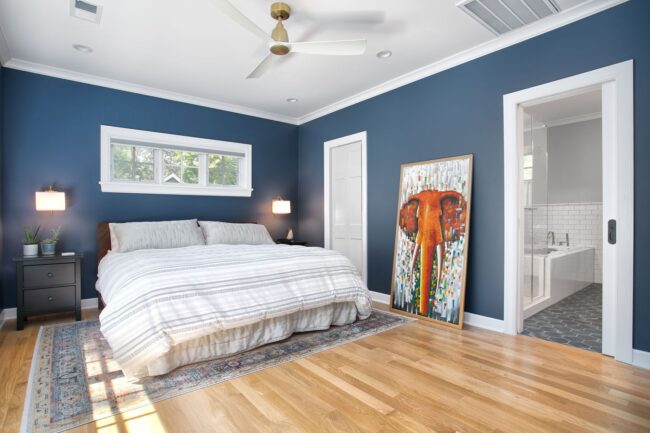
Your flooring is the foundation of your home’s longevity and visual appeal. Depending on the type and quality, flooring materials have a wide range of lifespans.
With the proper care, hardwood flooring can last for many years compared to the 10-year average life of the carpet. To give the inside of your home a new lease on life, periodically evaluate the state of your flooring, and think about upgrading to new materials or updating the old ones.
8. Paint and Wallpaper
Due to normal wear and tear, sunlight exposure, and moisture, wallpaper and interior paint have a short life span. Check your walls for signs of peeling, fading or cracking. Refreshing your home’s appearance and preventing additional harm can be accomplished by repainting or adding new wallpaper.
9. Plumbing Fixtures
Everyday use of faucets, toilets and other plumbing fixtures can cause them to degrade over time. Aside from improving your home’s usefulness and appearance, replacing old fixtures gives you a chance to include water-saving measures, encourage sustainability and save on utility costs.
10. Electrical Systems
Even though estimating an electrical system’s life span accurately can be challenging, it’s crucial to evaluate its effectiveness and safety regularly. Outdated electrical systems may not meet existing code requirements, causing possible risks. Consult a certified electrician to assess your system and decide whether an upgrade or replacement is required if you observe flickering lights, frequent circuit tripping, or outdated wiring.
11. Safety Systems
In recent years, home security technology has made considerable advancements. It could be time to upgrade if your security system is old or lacks contemporary features. Additionally, check the life span of your system’s backup battery and test the alarm once a month.
Improved networking, video surveillance, smart home integration and increased security are all features of more recent systems. To choose a solution that best meets your needs, evaluate your security demands and speak with experts.
12. Water Filtration Systems
A healthy home must have high-quality water. Consider installing or modernizing a water filtration system if you depend on well water or are concerned about the quality of your municipal water supply. Although these systems’ life spans can vary, frequent maintenance and filter replacements are required to guarantee their best performance.
13. Outdoor Lighting and Landscaping
Keeping up with a well-kept lawn and lovely landscaping may greatly improve the curb appeal of your property. Plants may eventually need pruning or replacement, and outdoor lighting systems may require modernization or maintenance. Regularly evaluate your landscaping requirements and consider updating your outdoor areas to create a welcoming and aesthetically pleasing atmosphere.
14. Walkways and the Driveway
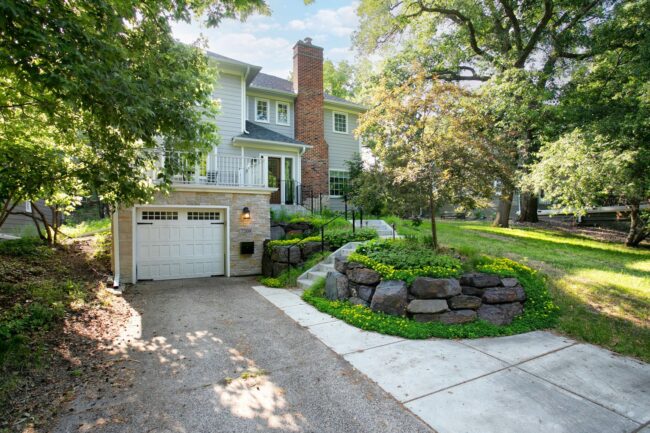
Your driveway and pathways experience heavy traffic and exposure to the elements regularly, which causes cracks, potholes and uneven surfaces. If you want to preserve a secure and useful outdoor space while improving curb appeal, think about resurfacing or fixing your driveway and walkways.
Start Checking Your Home
Knowing the future replacement requirements of different parts of your home is essential if you’re a homeowner. Your home will stay secure, useful, and aesthetically pleasing with timely improvements and routine upkeep.
Make wise choices while renovating your home or constructing a new one by considering the life span of appliances, windows, garage doors, HVAC systems, roofing, water heaters, flooring, paint, plumbing fixtures, and electrical systems. Additionally, always remember that talking to experts in each subject can provide helpful guidance for your unique requirements, ensuring your house stays a cozy and effective haven for years to come.
